Description
Cucumber Marketmore 76 Organic
Cucumber Marketmore 76 Organic This popular and reliable outdoor ridge slicing type cucumber produces straight, dark green fruits with white spines, growing to 20cm. Resistant to scab, mosaic virus, downy and powdery mildew, alternaria leaf spot and anthracnose. An excellent slicing cucumber! Can also be grown on a trellis to save space 70 days
Cultivation advice
- Choose well-draining, fertile soil rich in organic matter. Prepare the soil by incorporating compost or aged manure before planting.
- Sow seeds directly into warm soil after the last frost date. Ensure the soil temperature is at least 70°F (21°C) for successful germination.
- Plant seeds or seedlings in hills or rows, spacing them about 12-24 inches apart and at a depth of 0.5 to 1 inch.
- Maintain consistent soil moisture, especially during flowering and fruiting stages. Water deeply but infrequently to encourage strong root development.
- Mulch around plants to retain moisture and prevent weed growth. Utilize organic fertilizers or compost to provide nutrients throughout the growing season.
- Protect young plants from late spring or early fall cold snaps. Cucumbers prefer warm temperatures for optimal growth.
- Provide trellises or stakes for vertical growth to save space. Prune excess foliage for better airflow and easier harvesting.
- Use organic pest control methods like neem oil or companion planting. Regularly monitor for pests such as aphids or cucumber beetles.
- Harvest cucumbers when they reach the desired size, typically around 6-8 inches long. Regular harvesting promotes continuous production.
- Consume harvested cucumbers promptly for the best taste and texture. Store them in a cool place or refrigerate to maintain freshness.
- Maintain a consistent watering schedule, avoiding waterlogging while ensuring adequate moisture. Consistent moisture levels help prevent bitterness in cucumbers.
- Ensure cucumbers receive ample sunlight, ideally 6-8 hours daily, for optimal growth and fruit development.
- Apply compost tea or organic amendments during the growing season to supplement soil nutrients naturally and enhance plant health.
- Implement IPM techniques such as handpicking pests, introducing beneficial insects like ladybugs, or using insecticidal soap for organic pest control.
- Plant companion crops like radishes, marigolds, or nasturtiums to repel pests or attract beneficial insects while enhancing soil health.
- Install sturdy trellises or use fencing/netting to support vines, saving space and allowing for better air circulation around plants.
- Shield plants from extreme temperatures or harsh weather conditions using row covers, particularly during temperature fluctuations.
- Continuously harvest cucumbers to encourage more fruit production. Overripe cucumbers can inhibit further flowering.
- Utilize organic mulches such as straw or grass clippings to retain moisture, suppress weeds, and maintain soil temperature.
- Regularly inspect plants for signs of stress, pests, or diseases, adjusting care practices accordingly to promote plant resilience
- Utilize organic liquid fertilizers like fish emulsion or compost tea throughout the growing season to boost plant nutrition naturally.
- Introduce plants like basil, borage, or dill near cucumbers to attract beneficial insects that prey on cucumber pests.
- Employ organic weed control methods such as hand weeding or mulching to reduce competition for nutrients and moisture.
- Harden off seedlings before transplanting them outdoors to acclimate them gradually to outdoor conditions and prevent transplant shock.
- Consider planting new cucumber seeds at intervals to ensure a continuous harvest rather than a single heavy harvest.
- Capture rainwater in barrels or use drip irrigation systems to conserve water and maintain optimal soil moisture levels.
- Familiarize yourself with Marketmore 76’s growth habits and specific needs for better cultivation and harvest management.
- Regularly inspect the underside of leaves for signs of pests, eggs, or larvae, intervening promptly with organic pest control methods.
- Utilize organic mulches such as straw, shredded leaves, or grass clippings to insulate soil, retain moisture, and suppress weed growth.
- Stay informed about organic gardening practices through books, online resources, or community gardening events for ongoing improvement.

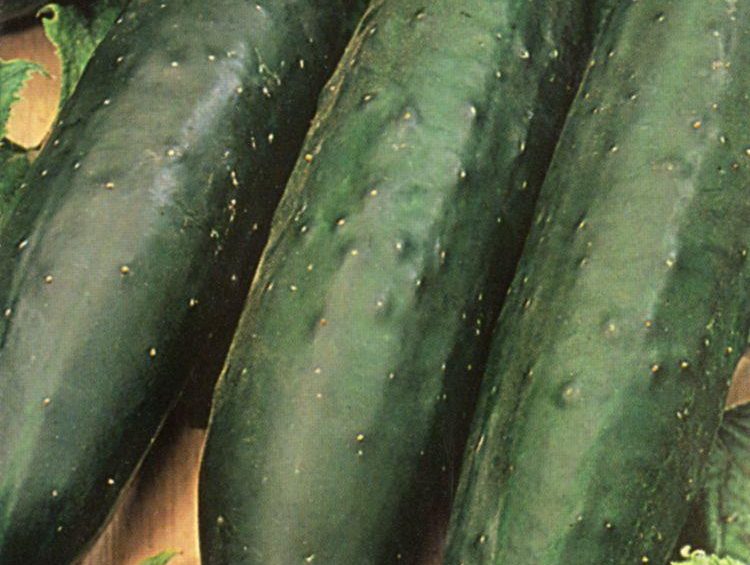
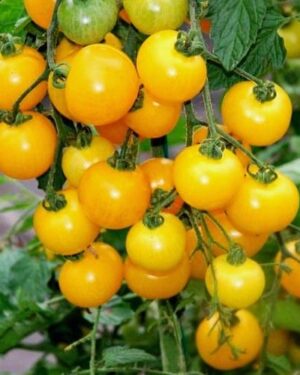

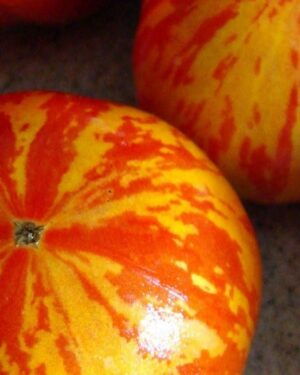
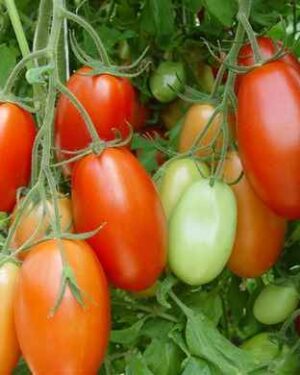


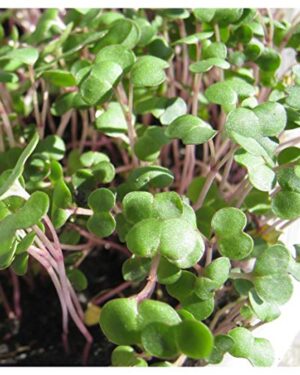
Reviews
There are no reviews yet.